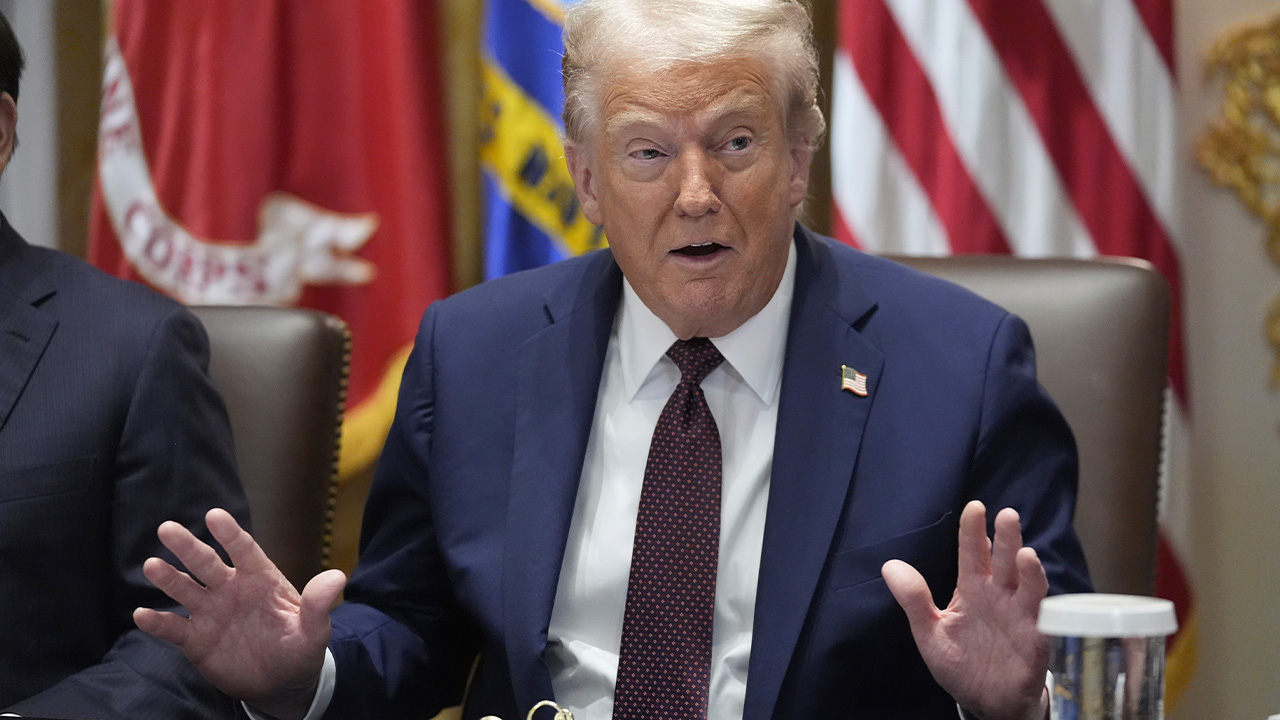A federal appeals court has found President Donald Trump’s sweeping tariffs to be unconstitutional, but has permitted them to stay in effect for now. The decision addresses the tension between executive power and trade policy, without immediately reversing the tariffs.
Appeals court finds Pres. Trump’s sweeping tariffs unconstitutional but leaves them in place for now

Key Takeaways:
- A federal appeals court ruled President Trump’s tariffs lacked legal standing.
- These tariffs remain in effect, despite the court’s finding.
- This ruling highlights ongoing questions about presidential power and economic policy.
- The court’s move underscores the complex interplay between the judiciary and executive branch.
- The future of these tariffs remains uncertain as legal proceedings continue.
Introduction
A federal appeals court handed down a pivotal decision concerning President Donald Trump’s contentious tariffs on various goods, declaring that the President had exceeded his authority. Despite this finding, the court opted to keep the tariffs in place for the time being, allowing them to remain part of the United States’ trade landscape.
Background on the Tariffs
Shortly after taking office, President Trump pursued tariffs as a means to bolster domestic industries and “build a protectionist wall around the American economy,” as described by court documents. Critics questioned the scope of these tariffs, raising concerns about their legality and the potential burden on consumers.
The Court’s Ruling
On Friday, the appeals court announced that the sweeping nature of the tariffs violated the President’s legal capacity to unilaterally impose such measures. “President Donald Trump had no legal right to impose sweeping tariffs,” the federal appeals court stated, exposing the vulnerabilities of one of the administration’s central trade policies.
In Place for Now
Despite the ruling, the court chose not to remove the tariffs immediately. This temporary allowance means that importers and consumers alike will still feel the effects of the tariffs, at least until further legal or legislative actions unfold.
Broader Implications
The decision accentuates a recurring debate in U.S. governance: the limits of executive authority. With tariffs touching nearly every facet of the American economy—from manufacturing to consumer prices—this ruling could signal further legal battles ahead. It also highlights how judicial checks on presidential power can have wide-ranging consequences for both domestic and international economic relations.
Conclusion
Although the appeals court determined that President Trump exceeded his authority, the tariffs remain standing, keeping ongoing questions about trade policy and executive power in clear focus. Whether future decisions modify or uphold the current arrangement will undoubtedly affect the direction of the U.S. economy in the years to come.











